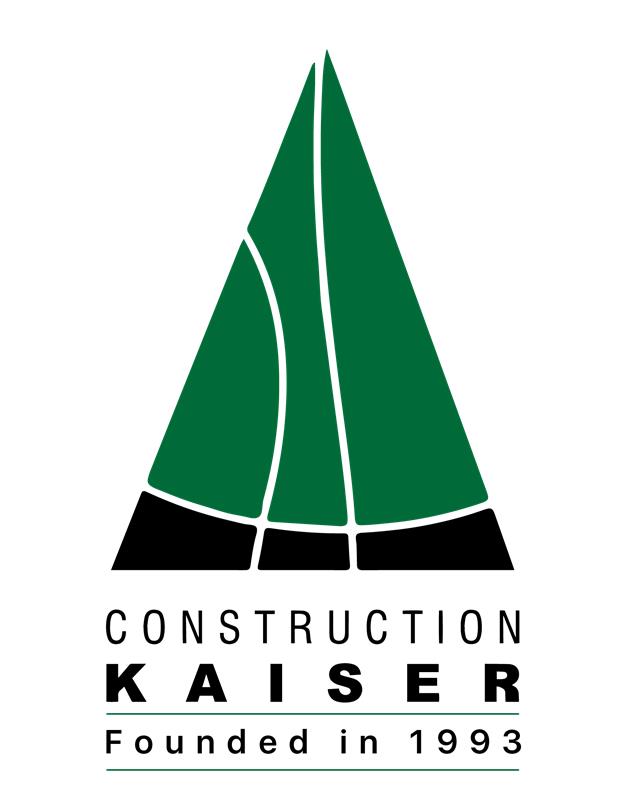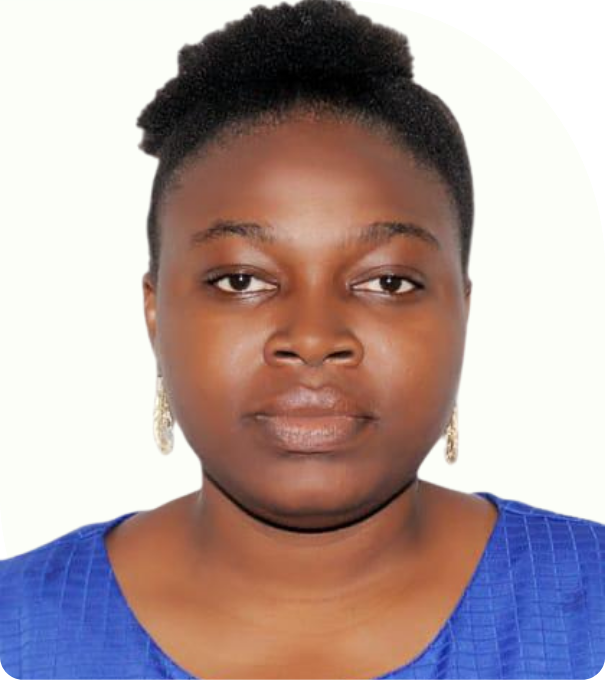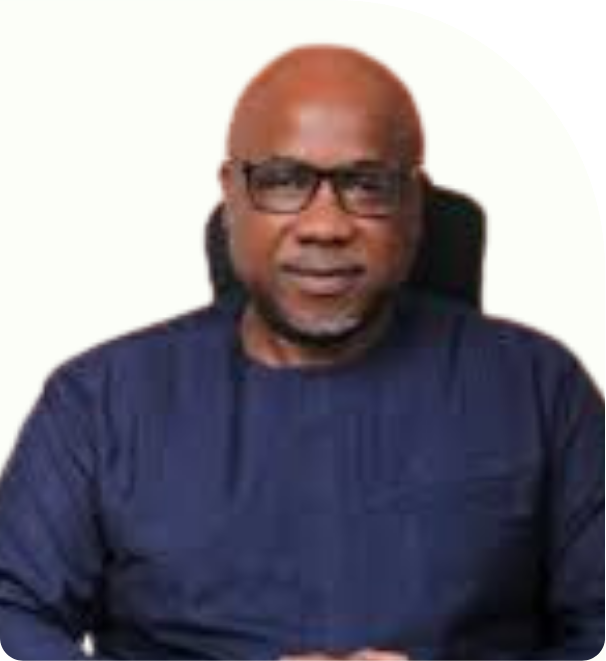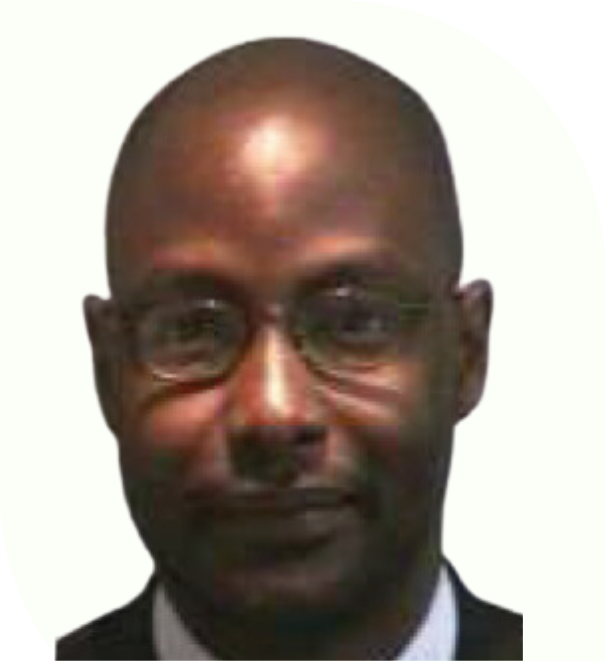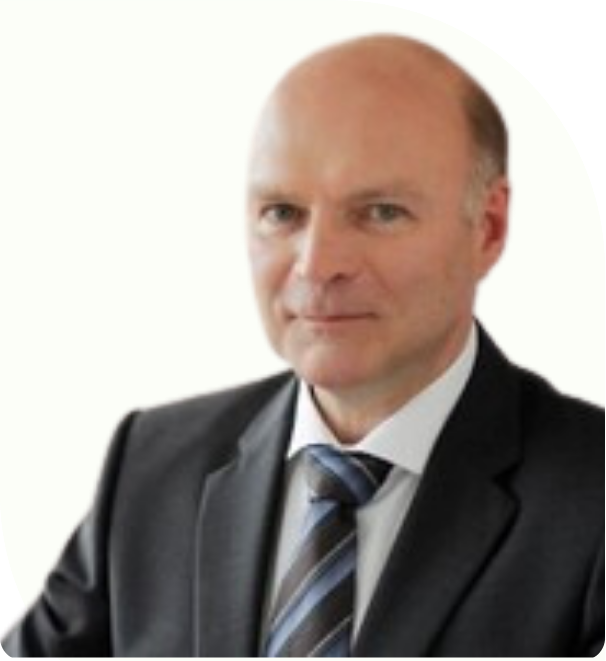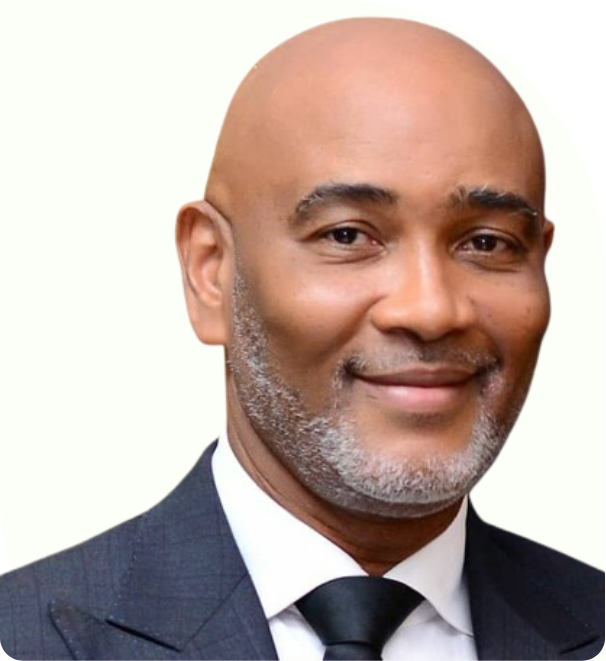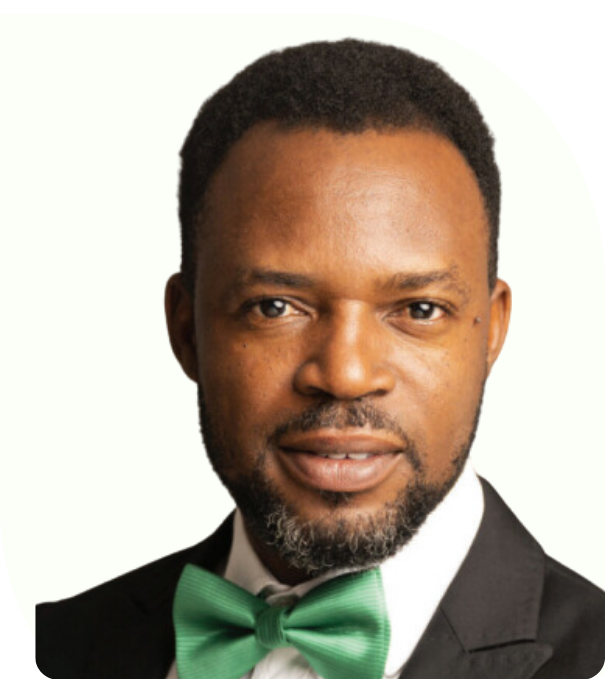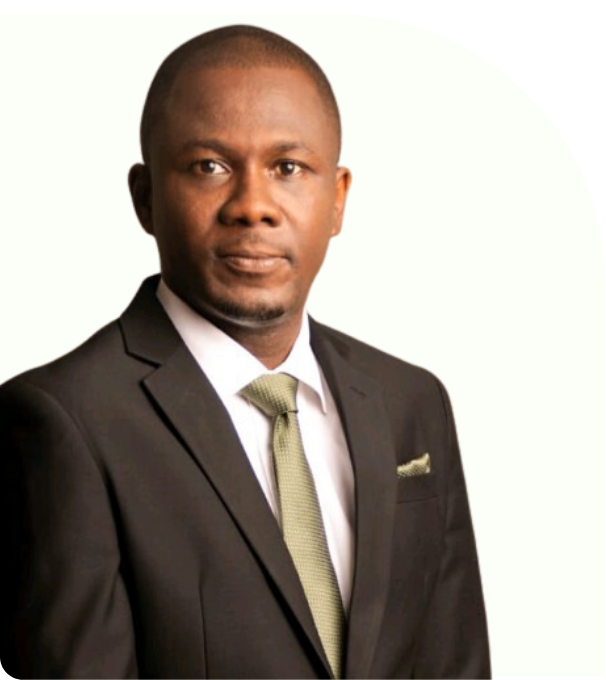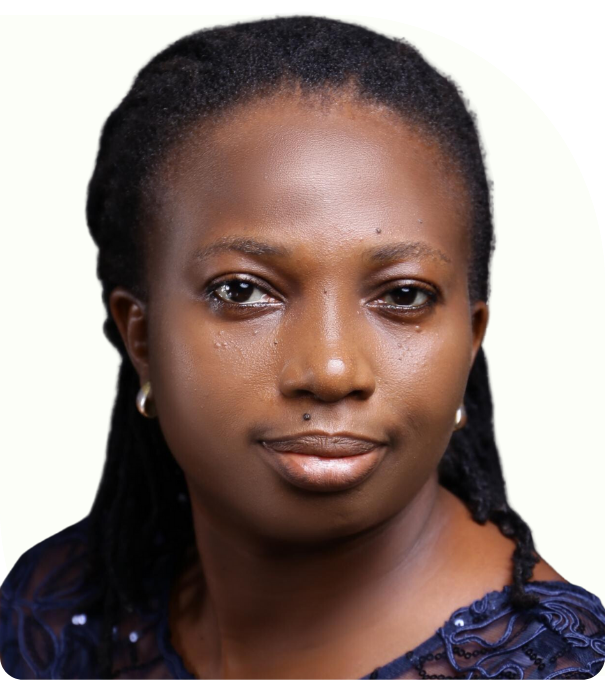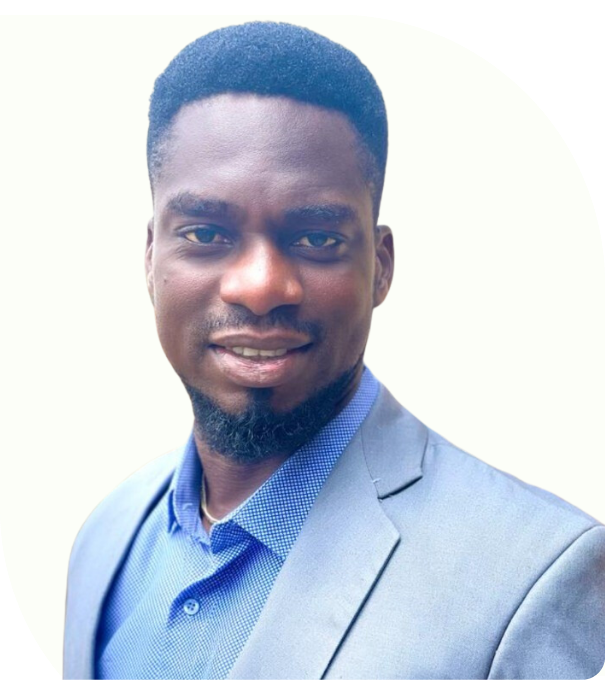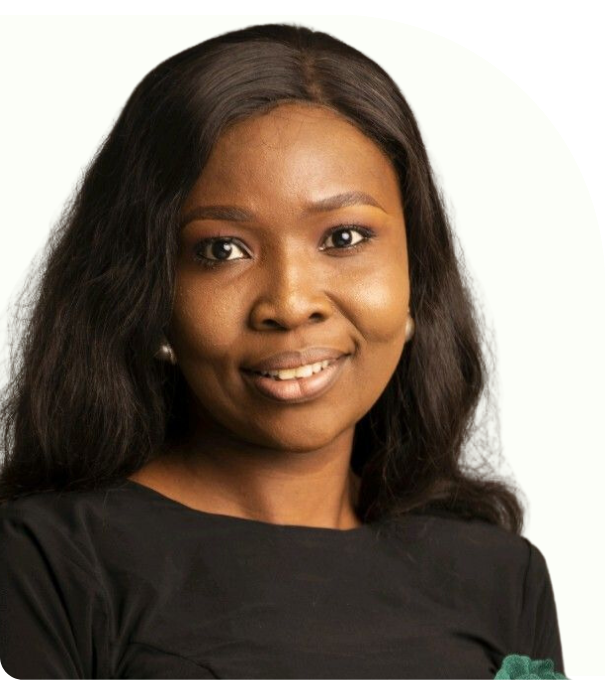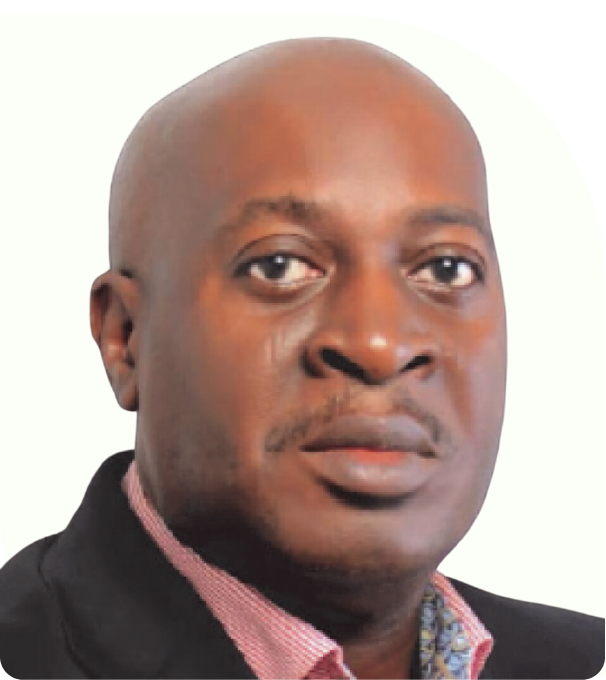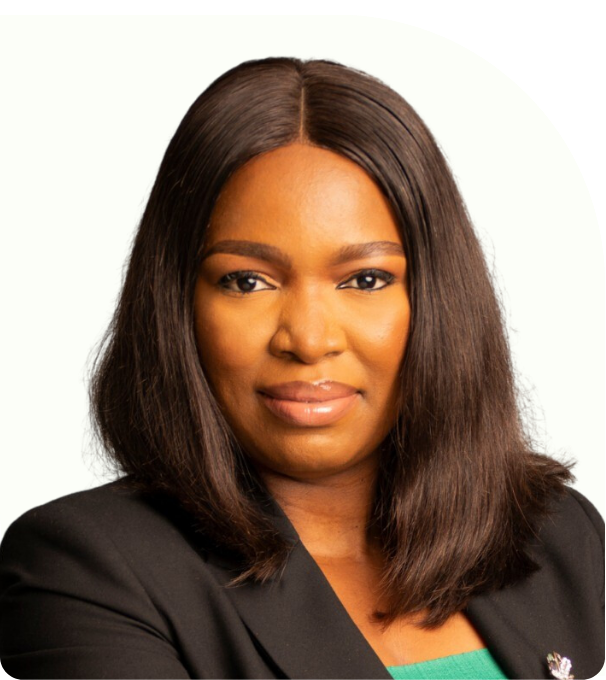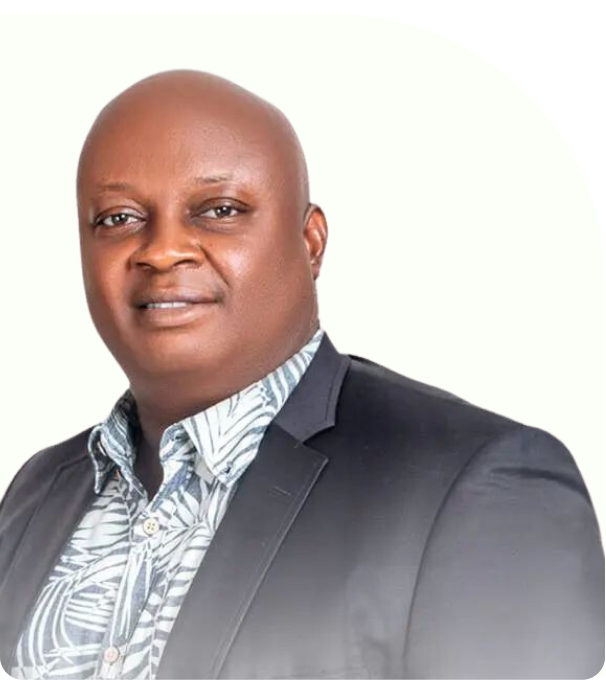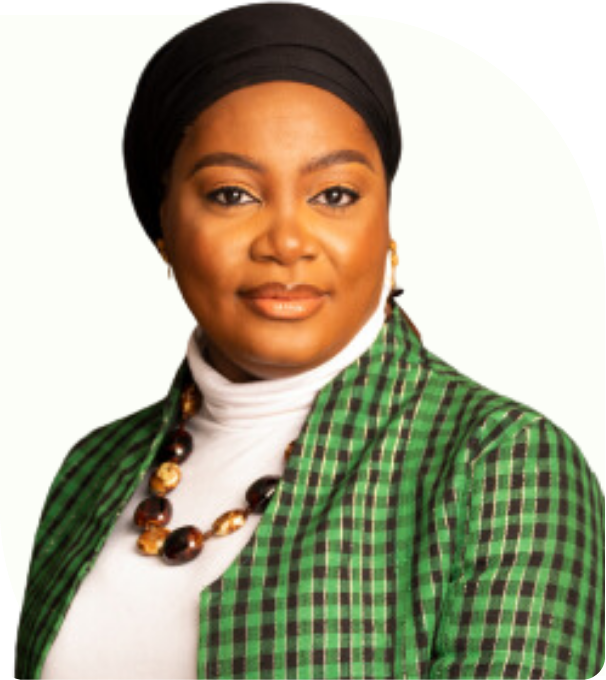INSIGHTS ON MITIGATING BUILDING COLLAPSE IN THE CONSTRUCTION SECTOR.
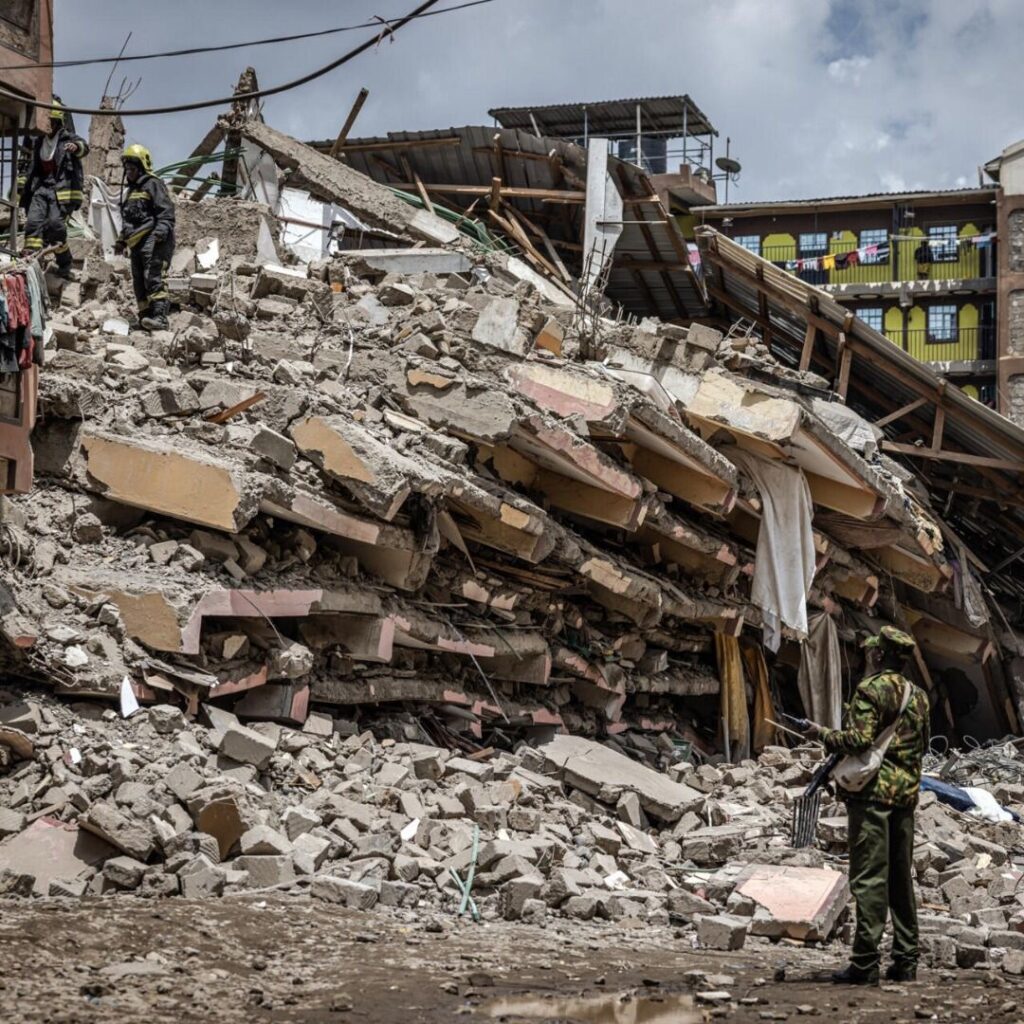
Image sourced from google
The issue of building collapse in Nigeria has raised serious concerns across the construction industry, with experts identifying several root causes and potential solutions. Here are insights from various construction professionals on the primary causes of building collapse, effective preventive measures, best practices, and areas needing further research to enhance building safety and structural integrity.
What are the Primary Causes of Building Collapse?
Godfrey Okuro: Building collapses can be attributed to multiple factors, including changes in building use without following professional protocols, poor or absent supervision, substandard materials, structural failures, and compromised standards due to insufficient government oversight. Additionally, unauthorized modifications, inadequate site investigation, and contractors cutting corners for profit contribute significantly to these incidents.
Julius Bawa: Ignorance, negligence, and greed are major contributors to building collapse in Nigeria. Ignorance often results from placing unqualified personnel in charge, while negligence manifests in areas such as outdated specifications being used without revision. Greed, particularly in material diversion and the use of substandard materials, exacerbates the risk of structural failures.
Ugochukwu Amugo: Compromised quality in material selection, with contractors and vendors often opting for cheaper, inferior materials is a major problem. This is often fuelled by weak enforcement of construction codes and policies, particularly by agencies like LASBCA.
Tosin Soremekun: Corruption among building inspection officials, who may ignore warning signs and neglect necessary demolition orders.
Efe Ufuoma: Absence of Due Diligence in design and supervision, poor workmanship (skilled Labor/artisans) and use of inferior quality material.
Adefolarin Awotungase: Some causes of building collapse arepoor design, substandard materials, faulty construction processes, unauthorized modifications, and human error. In my view, weak regulatory oversight and disregard for building codes compound these issues.
What Effective Preventive Measures can be taken by Construction stakeholders?
Godfrey Okuro: Using Building Information Modelling (BIM) to predict how buildings behave under different load and environmental conditions. Only certified professionals should oversee design and supervision, while regulatory agencies must enforce strict adherence to building codes and the use of certified materials.
Julius Bawa: There should be stricter building regulations and enhanced enforcement. Public awareness about the risks associated with substandard materials and poor construction practices is essential to promote safer building methods.
Ugochukwu Amugo: Government agencies should provide more resources for training building officials and ensure that regulatory agencies like LASBCA implement stricter supervision. In this venture, public awareness campaigns to educate the populace on the dangers of inferior materials and poor practices is equally important.
Tosin Soremekun: Holding corrupt officials accountable would reduce the risk of structural failures. And I recommend the development of standardized processes and creating an online platform for building registration. This will reduce contact with inspection officials by making restricting requirement and payments to be submitted online.
Efe Ufuoma: Continuous improvement of best practices by AEC personnel, adoption of standardized and regular tests to assure quality and monitoring by regulatory bodies.
Adefolarin Awotungase: The enforcement of existing building codes, particularly by empowering regulatory bodies to operate transparently and without bias is necessary. Emphasis on theinvolvement of certified professionals, along with public awareness campaigns about the need to engage only qualified builders and use quality materials.
What are the Best Practices to Ensure Structural Integrity?
Godfrey Okuro: A multi-layered inspection process, where internal QA/QC engineers and external consultants both inspect and approve before LASBCA officials sign off. I believeinvolving multiple professionals in inspections would reduce the likelihood of errors going undetected. And also, adopting technology, such as BIM to simulate structural responses during the design phase.
Ugochukwu Amugo: One method used in ensuring the structural integrity and safety of a building after concrete pour is the use of acropop to support the slab.
Julius Bawa: Routine inspections, structural consultations, and adherence to building codes and standards, alongside periodic checks for foundation stability and roof integrity.
Efe Ufuoma: Effective checkpoints for design buildability checks, regular monitoring and supervision of works.
Adefolarin Awotungase: Practice integrity. Avoiding unethical practices in the pre-contract stage enables smoother execution within budget, reducing the temptation to compromise quality. I also advice engaging certified professionals, maintaining compliance with international standards like ISO 9001:2015, and selecting competent subcontractors.
Are there areas or aspects that you believe require further research or attention to improve building safety?
Godfrey Okuro: There is need for comprehensive soil and environmental analysis prior to construction, as well as improved collaboration between regulatory agencies and private engineering firms to monitor construction stages effectively.
Ugochukwu Amugo: Yes, providing training and resources for building officials and regulators. Additionally, it is important to increase public awareness about the dangers of substandard building materials and the importance of proper construction practices.
Efe Ufuoma: Attention should be given to formwork design, concrete quality, and extensive subsoil investigation.
Julius Bawa: The need for the Federal Government to enact the National Building Code, put in place a Construction Industry Commission, training and retraining of building practitioners and strict adherence to quality building materials according to specifications.
Tosin Soremekun: Attention to quality of building materials in particular cement and steel components so as to ensure it is standard.
Adefolarin Awotungase: Implementing standardized, cost-effective construction methods and quality materials. Also, further research into macroeconomic factors like interest and inflation rates, which affect construction costs and often lead to material compromises.
Through collaboration among industry stakeholders, continuous training, and rigorous enforcement, Nigeria’s construction industry can strive toward a safer and more sustainable future.
